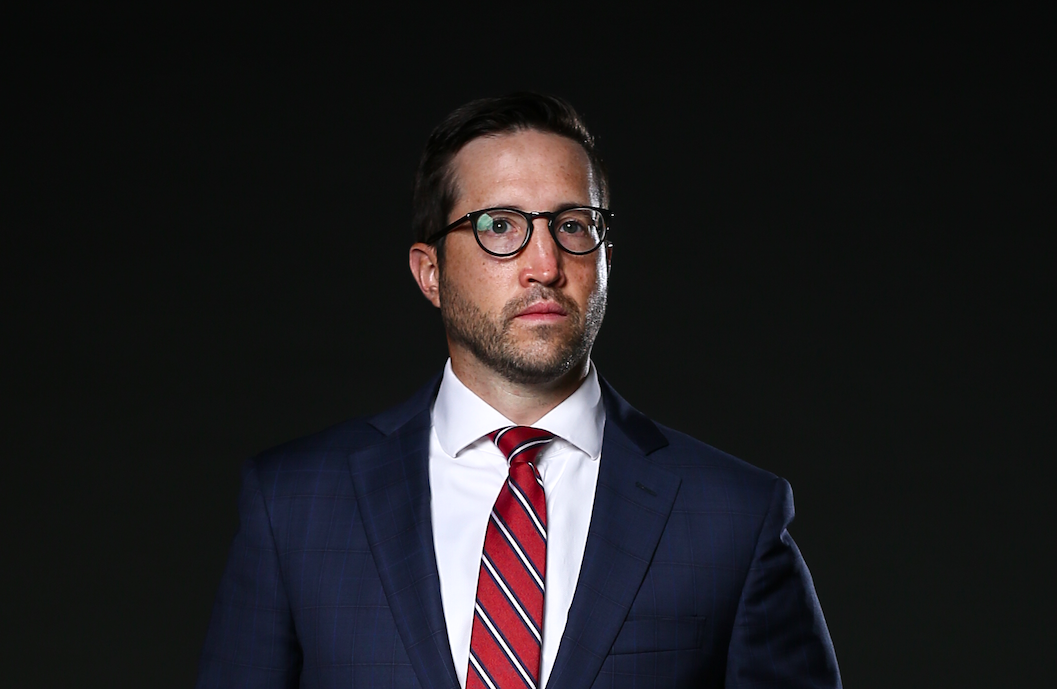Minnesota Lawyer and Finance & Commerce – Partner Content
Author: Peter McElligott
Minnesota has a long history of upholding high standards of integrity, good faith, and fiduciary duties by owners both to the company and with one another in closely held businesses. The Minnesota Revised Uniform Limited Liability Act allows members to limit or alter such duties in the operating agreement but only when those exceptions are not “manifestly unreasonable.” In a recent unpublished decision, Absolute Sports Cards, LLC v. Thornton, 2024 WL 4260268 (Minn. Ct. App. September 23, 2024), the Minnesota Court of Appeals recently voided such a limitation.
By default, members of Minnesota limited liability companies owe fiduciary duties such as the duty of loyalty and the duty of care to the LLC and often to the other members. The duty of loyalty includes an obligation not to compete against the LLC. Minn. Stat. § 322C.0409 subd. 2. However, the Minnesota Revised Uniform Limited Liability Act expressly allows LLCs to limit or alter certain types of duties in the LLC’s operating agreement, which is the key document that governs relations among the members and between the members and the LLC.
The operating agreement may only limit or alter such duties so long as they are not “manifestly unreasonable.” Minn. Stat. § 322C.0110, Subd. 8. Until now, no published or unpublished Minnesota case has analyzed where terms of an operating agreement are manifestly unreasonable pursuant to the statutory framework. In Absolute Sports Cards, LLC, three members started an LLC for the purpose of trading sports cards and other sports collectibles. Absolute Sports Cards, LLC v. Thornton, 2024 WL 4260268 (Minn. Ct. App. September 23, 2024). The operating agreement prohibited members from competing against the LLC during the membership and for two years after the membership ends. However, the operating agreement also stated that this prohibition would not apply to a business that was in existence at the time of the execution of the operating agreement. This noncompete waiver provision attempted to limit the duties that members owed to the new LLC in the operating agreement, making it subject to the manifestly unreasonable test.
Shortly after the operating agreement was executed, two members wrapped up their individual sports card businesses and transferred their inventory and funds from final sales to the new LLC. The third member continued operating his pre-existing collectibles business. Eventually the two members who gave up their businesses voted to remove the competing third member and filed a lawsuit against him.
The district court granted the two members’ motion for summary judgment and determined that the noncompetition waiver was void as “manifestly unreasonable.” Because the noncompetition waiver was void, the district court found at trial that the third member’s continuation of his pre-existing business breached the operating agreement and required him to turn over lost profits from the competing business. The noncompetition waiver provision allowing competition for pre-existing businesses was not a safe harbor for the third member.
While the Court of Appeals agreed that the MURLLCA expressly permits members to restrict or eliminate the duty not to compete with the LLC, “members may do so only if the term is not manifestly unreasonable.” Absolute Sports Cards, LLC, 2024 WL 4260268 at *3. “In other words, inclusion of a term in an operating agreement that waives the duty not to compete is not inherently unreasonable; there must be something else in the circumstances existing at the time the operating agreement was executed that makes the waiver manifestly unreasonable.” Id.
Here, the Court found that “something else” and agreed the noncompetition waiver was manifestly unreasonable. The Court concluded that the objective of the noncompetition waiver was unreasonable in light of its direct conflict with the express noncompetition provision. Furthermore, if the noncompetition waiver was intended to provide some temporary latitude to wind down the pre-existing businesses, then the provision was an unreasonable means to achieve that objective because it had no temporal scope.
Although it is an unpublished decision, the Absolute Sports Cards case is notable for being the first Minnesota case to analyze the “manifestly unreasonable” statute. Furthermore, the case is a clear warning that a member may be held liable for violating his duties to the LLC that were limited or altered in the operating agreement if a court voids the limitation as manifestly unreasonable. Members relying on provisions in the operating agreement that limit or alter their duties to the LLC should tread carefully.
Author:
Pete McElligott is a trial lawyer with Anthony Ostlund Louwagie Dressen & Boylan P.A. He focuses on fiduciary duty litigation, securities litigation, and representing clients in closely held business disputes. He can be reached at [email protected].


